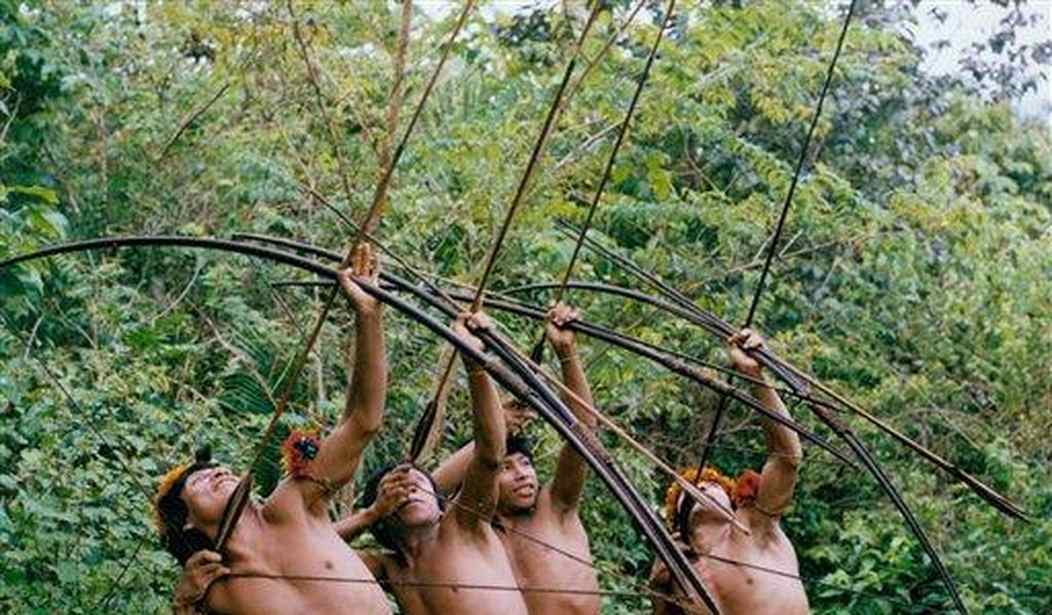To be fair, it probably seemed like a good idea at the time. The Marubo people, an indigenous tribe in the isolated Javari Valley in Brazil, have high-speed internet, thanks to Elon Musk and Starlink. The Marubo were likely entranced by the internet the same way we all were back when it was shiny and new. The world would suddenly be at our fingertips, and new ways of communicating would revolutionize how we did everything.
We all know how that turned out. It is true that the internet has delivered everything we were promised back in the pre-digital age. It also gave us spam, scams, TikTok, viruses, insipid videos, and porn. It has turned consumers into products and become the biggest time-waster since the days when a Newton's Cradle was a desktop must-have.
The New York Times notes that tribal leader Enoque Marubo hoped the internet would give his people greater autonomy, improve communications, allow them access to information, and help them “tell their own stories.” With the help of activists, the Marubo people were able to secure the antennas that were wired into solar panels. Then, the tribe began connecting their cell phones via Starlink. They were excited to be able to video chat with people and they could call for help in an emergency.
Nine months in, the tribe began to experience the same scenarios that plague the industrialized world. Teens with their heads bent over the phones, group chat drama, social media, strange people popping up online, video games, and of course, porn. According to the article, online porn has drawn the attention of the village kids.
Villager Tsainama Marubo remarked, “When it arrived, everyone was happy. But now, things have gotten worse. Young people have gotten lazy because of the internet. They’re learning the ways of the white people.” But she also does not want to lose the internet.
Enoque said, “It changed the routine so much that it was detrimental. In the village, if you don’t hunt, fish, and plant, you don’t eat.” If we're honest with ourselves, people in the U.S. who don't work (hunt, fish, plant) have become a problem here.
One father is worried about the prevalence of first-person shooter games online. Another is concerned about the accessibility of pornography. Young men have been sharing it in group chats, and there has been an uptick in sexually aggressive behavior among those young men. Others are troubled that internet use has overtaken familial relationships and that tribal traditions are at risk.
Enoque hopes that the benefits will outweigh the risks of having internet. But the tribe has also had set boundaries and now has hours set aside for surfing the web.
It might be tempting for some people to chalk this up to the latest version of cultural imperialism and the "ways of the white people" polluting the world. The U.S., in its current incarnation, has more than a few things for which to answer, but white people did not invent all of the world's ills, despite what the Womyn's Studies perpetual grad student in your life may have you believe. Sloth, lust, and all of the other deadly sins (including pride) have plagued humanity since its inception.
I have the same suggestion for the Morubo that I have for everyone else: smash your smartphones. Okay, save one for emergency calls, but smash the rest of them with a hammer. Then bury them and bury the hammer. And see if you can spare a few tribal elders to send to the states. We have a few million people here who need to be taught how to hunt, fish, and plant.










Join the conversation as a VIP Member